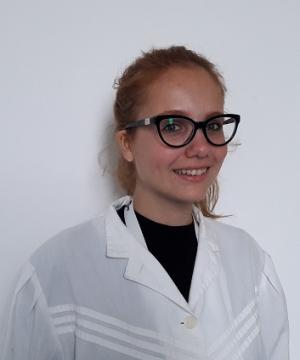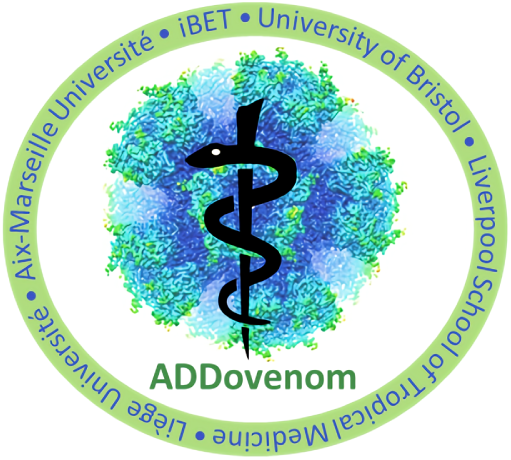For our Researcher Spotlight features, we interview members of the ADDovenom research team, to find out about their interests, their contributions to the project, and their hopes for the future of venom research.
Here, we speak with Dora Buzas, a PhD Student at the University of Bristol.
Can you tell us briefly about your own research interests and background?
I joined the Berger-Schaffitzel lab in 2018 as a Research Assistant, to work on the ADDomer vaccine platform technology. My background is in virology, and I was interested in vaccine development that could help control infectious diseases. I started my PhD in 2019, and my work is focused on the structural properties of the ADDomer molecule and its potential therapeutic applications.
When did you first become interested in venom research?
The structural information we have gathered on the ADDomer has opened up novel avenues for its application in fields other than vaccinology. Snakebite treatment is a huge global challenge due to the lack of effective therapeutics and people are disproportionately affected in low-income countries. I have found of idea of using the ADDomer technology in the field of snakebite treatment exciting, and seeing our research translated into real world application is very motivating.
What are your key responsibilities in the ADDovenom project?
My focus is structural biology, as I have been working on protein structure determination with X-ray crystallography and cryo-electron microscopy for different ADDomer protein scaffolds. Furthermore, I am working on the interaction analysis between ADDomer particles and binding partners.
What do you hope will be the main outputs from your work on ADDovenom?
I hope my work can contribute to the delivery of effective antivenom treatments, and that our research will ensure people suffering from snakebites receive rapid treatment in affected countries globally.
Do you have a favourite snake – if so, which one, and why?
Unfortunately, I have a phobia of snakes, so I do not have a favourite one.


